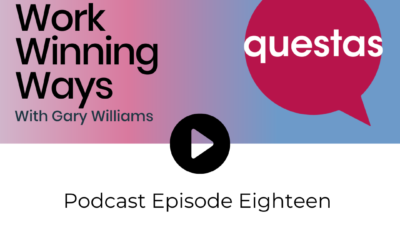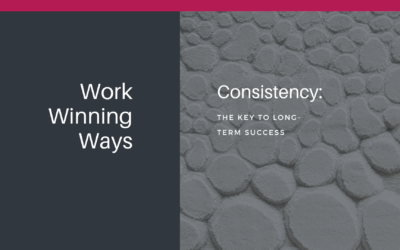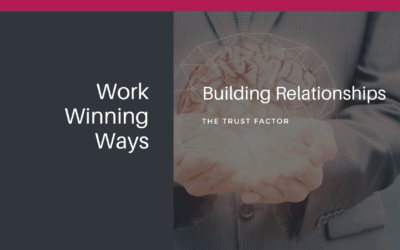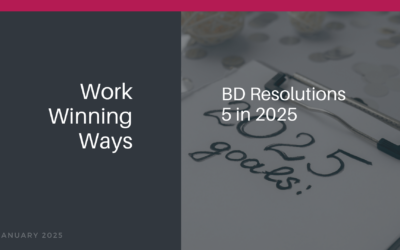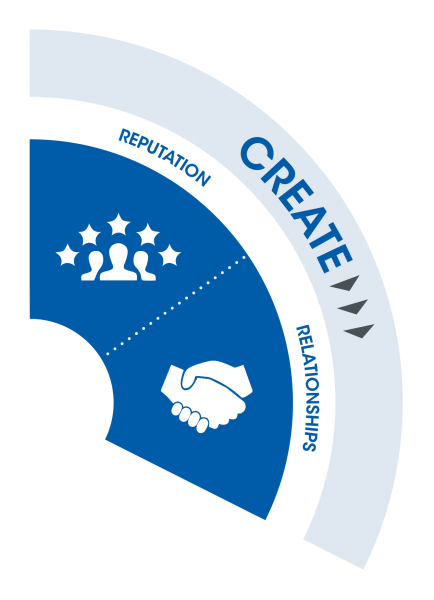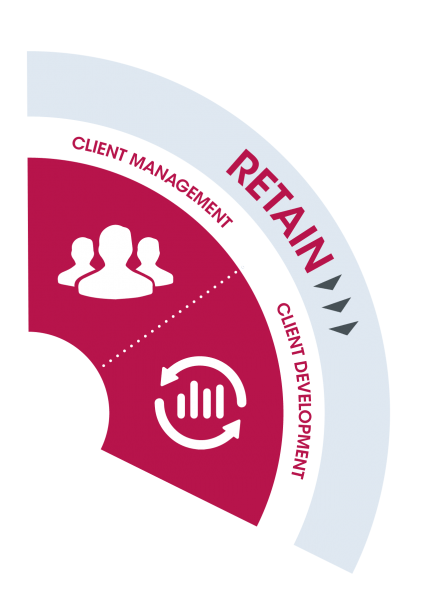Summary How do we win the right kind of work from the right kinds of clients? This week on Work Winning Ways, Gary brings you an episode from a series of webinars about how you can master the client experience. Find out how you can win over clients, build and maintain...
Selling to the Public Sector
Negotiation Skills
Negotiation Skills Everything is negotiable. Whether or not the negotiation is easy is another matter, but the first step is always communication. Course overview This course is designed to take you through the theory and practice of ‘Principled Negotiation’. It...
Selling to the public sector
Selling to the public sector The challenge Not winning enough of the framework "pie" Our approach Just being on the service procurement framework for a major organisation doesn't guarantee a flow of new business - you still need to be proactive. We'll show you...
